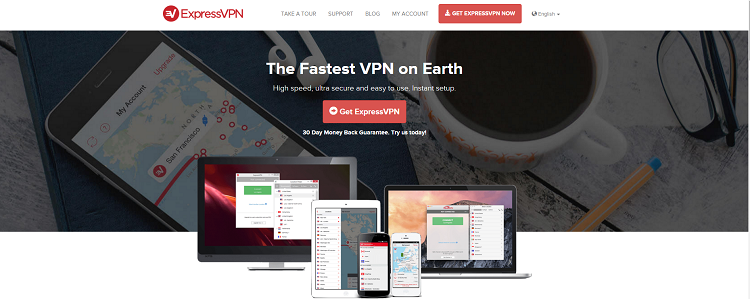Your eCommerce site is your passion and, in many cases, your livelihood. To say that you put hours into it as if it were your job would be an understatement. That said, eCommerce website security is important — you’ll want to implement safeguards to protect both your site data and your customers’ data. It’s always a good idea to consider security for your website to protect the online reputation you’ve been building since your first sale.
Here are some questions you’ll want to ask yourself about your eCommerce site.
Use a VPN and Other Protective Tools
Are you securing the computer you keep your files on and mainly work from? Before securing your website, make sure you’ve done the following things:
- Use passwords that are at least 10 characters long with a combination of different characters, and don’t include words found in the dictionary. You won’t believe how many people ignore this step!
- Have a separate email account for your eCommerce site for all the important stuff. This should be one of your most closely guarded accounts, as it’s a portal into most of your other online accounts. Avoid using your eCommerce store’s primary customer service email.
- Use a security program on every device you use to administer your website. Security programs are commonplace for computers now, but smartphones have also become vulnerable to malware and thus need protection as well.
Finally — and I want to emphasize this part — be careful on public networks. The networks you find for free at bars, cafes and public buildings are often unsecured, so any data transferred over those networks (such as login information) is vulnerable to being intercepted.
The best way to defend against this threat is to use a Virtual Private Network (VPN), which is a service that will connect you to an offsite secure server via an encrypted connection. The server will mask your IP address so you can’t be tracked online, and the encryption will ensure no one on any network you use can spy on what you are doing. The most someone will be able to know is that you are using a VPN. There are of course varied services, so you will want to listen to expert advice and reviews to help you make your decision.

Make Sure You Use Safe Plugins
Due to the number of compatibility issues with hosting platforms, there is no platform that’s best for everyone. For WordPress users, I would recommend checking out WordFence, but other than that, it might be best to get eCommerce website security tips from your more localized eCommerce community.

What you should look for is whether the plugins and tools you are using are actually detrimental to the security of your website. A number of “security” apps out there are simply malware in disguise, designed to open a backdoor to your website that leaves your customers’ data vulnerable. Others become outdated and developers don’t have the time to patch potential exploits. As a general rule, avoid apps and plugins you don’t have to pay for.
To do a simple test, go to your website now and find the screen that allows you to manage your plugins and add-ons (if you have any). Check to see when they were last updated. If it has been more than a year since a plugin or add-on has been updated, find a replacement. Do an internet search for everything listed and see if any security concerns come up. Look through several pages of results to double check. The time spent is well worth it. Change what you feel you need to, and repeat this process every couple of months.
Get Involved with the Online Community
Your website is more than simply a place where people buy goods and services; it is likely a place where people ask questions and communicate with each other.
Perhaps you have a blog on your website or a comments section where people talk about your website and products. These, on top of social media use, will boost the quality of your website and your sales numbers. Make sure your community is well cared for and you interact with it regularly. Your return customers are your best customers, and if they see a website flooded by spam, they might be discouraged from giving you encouragement or constructive criticism.
Moderating and helping the community is also important to your website’s security. In the above screenshot, we see a comment section that looks inviting for the typical reader. Cleaning up spam is important to ward off hackers and keep visitors from associating spammy links with your website. Keep up with moderating your community and not only will you keep unhelpful content out, but you’ll also maintain a brand that adds value for your customers.
Conclusion
eCommerce website security can be a tricky subject, and there is a lot to consider when setting up and maintaining your eCommerce site. We understand this can keep your hands full. Just make sure to leave some time open for security to protect all that hard work you’ve invested! Do you have any other ideas on how to secure an eCommerce site? Do you have any interesting stories to tell? Leave a comment below and join the conversation.








